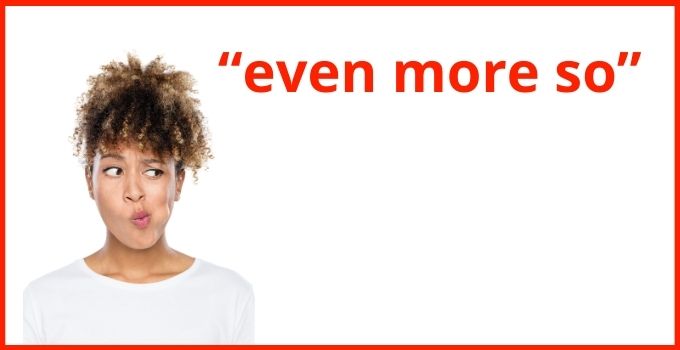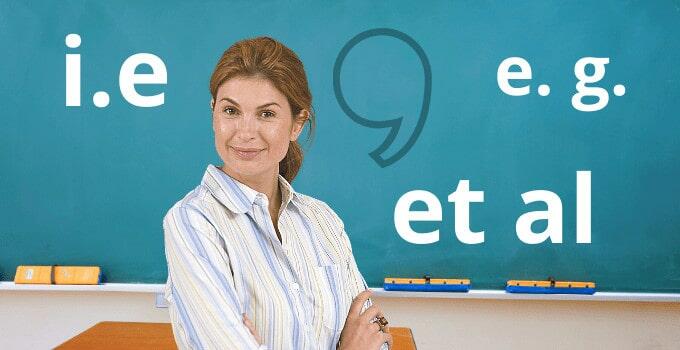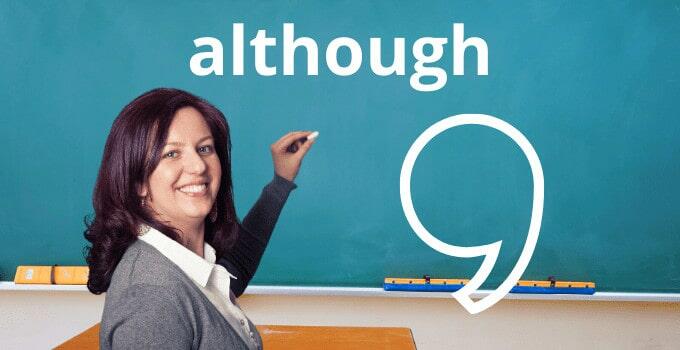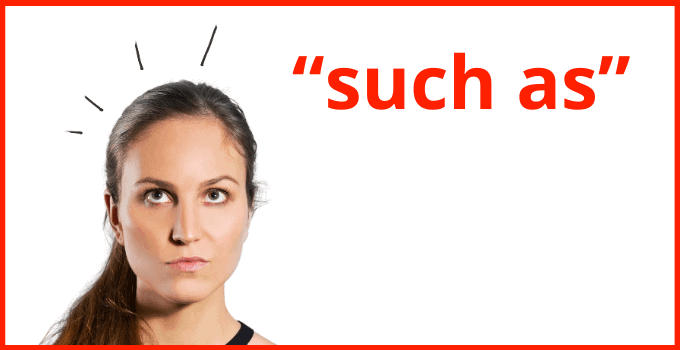If there’s one definite way to describe how languages work, well, I’d probably not be writing this article at all. Language is complex, albeit novel, and nonetheless arbitrary. Yes, language prescriptivism has proven to be one of the most effective ways to decode the human communication process. However, this approach may not be generally applicable …
English
Part of the beauty of the English language is that it has a lot of words with subtle differences. So what are some of the alternative words you can use to describe a beautiful woman? A word about beauty Before we list our choices, it’s important to remember that beauty is in the eye …
“Thank you for your continued support” is a formal phrase used in business communication. The phrase serves the dual purpose of thanking an individual for previous help and also implying that future assistance is welcomed or expected. What is the meaning of “Thank you for your continued support”? “Thank you for your continued support” …
Some words and phrases can be hard to use, especially if you haven’t seen copious examples. For instance, you might have seen the expression “even more so” once or twice before, yet you might not be entirely clear on how you should use it in a sentence. Luckily, we are here for you, and …
Economic development induces the need for technological and business advancements. These inevitable, nonetheless exponential, progressions have dramatically affected most, if not all fields of disciplines including linguistics. Morphological truncation or word shortening has been consistently on par with communication agent developments such as mobile phones and computers. While this process is already tricky, it is …
Symbols as unthreatening and innocent-looking as commas do have the ability to make any person flinch at least an inch when writing. To add insult to the broken leg, we may also get anxious with the confusing nature of adverbs masquerading as conjunctions. As cringy (or cringey) as these topics may be, we cannot run …
Writing may arguably be one of the most creative, albeit tedious, language-related activities. Although writing standards seem far less rigid in the digital world, the academic and professional fields require otherwise. Punctuations and cohesive devices alike do have the ability to make us feel confused, nonetheless anxious. As an attempt to help in the mentioned …
A big part of clarity is knowing how to properly use different words and expressions in a sentence as well as when it is appropriate to use these words and sentences. For instance, some people might get jumbled up by “such as,” not knowing when to use commas and when not to. Today, we will …
According to Wikipedia, the word “and” is one of the five most commonly used words in the English language. That’s not surprising. “And” can do a lot of things, and for some of those things, you’ll need commas. Generally speaking, though, commas usually appear before the word “and” rather than after “and.” If you’d like …









